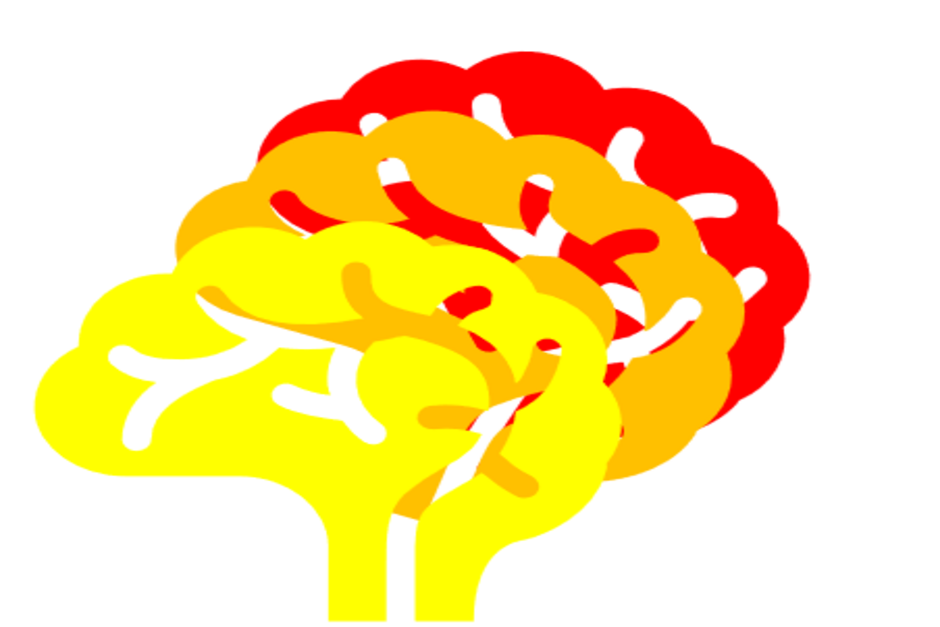Beyond "Born Smart": Cultivating Your Intellectual Skills

Intelligence is Developed, Not Inherited: Unleashing Your Potential
It's a deeply ingrained, yet ultimately misleading, notion that some individuals are simply born "smart," possessing an inherent advantage in intelligence. While genetic predispositions might play a minor role, the overwhelming truth, supported by countless examples, is that high intelligence, in its various forms, is not a fixed, innate gift. Instead, it is primarily the magnificent result of consistent, dedicated practice and the deliberate cultivation of your skills. So, if you stumble and receive a disappointing grade, please remember that it doesn't define some immutable limit of your inherent intelligence. It simply serves as a signpost, indicating that you might need to invest more focused time and strategically employ effective learning techniques – understanding how you learn best, actively engaging with the material through methods like read-recite-review, sharpening your concentration, and strengthening your memory capabilities.
- Consider the story of Benjamin Franklin, one of the most brilliant and multifaceted figures in American history. He wasn't born into privilege or with extraordinary formal education. His "intelligence" – his inventiveness, his diplomatic skills, his literary prowess – was largely self-made. He was a voracious reader, constantly seeking knowledge. He practiced his writing diligently, even imitating the styles of great writers to improve his own. He engaged in thoughtful discussions and debates to sharpen his reasoning. Franklin's life is a powerful testament to how curiosity, consistent effort, and a dedication to self-improvement can cultivate remarkable intelligence across diverse domains.
- Think about the rise of chess grandmasters. While some might have early aptitude, no one reaches the pinnacle of chess mastery based on innate talent alone. Players like Magnus Carlsen or Viswanathan Anand have dedicated thousands of hours to studying chess theory, analyzing games, practicing tactics, and learning from their mistakes. Their extraordinary "chess intelligence" – their ability to foresee complex sequences and strategize effectively – is a direct result of relentless practice and deliberate learning. It wasn't a gift they were born with; it was earned through years of focused effort.
- Consider the field of music. A child prodigy might show early promise, but even they need years of dedicated practice to truly master an instrument. Think of a violinist like Itzhak Perlman. His incredible musical intelligence, his ability to interpret and convey complex emotions through his playing, is the product of countless hours of focused practice, refining his technique and musical understanding. His initial talent was nurtured and amplified through persistent effort.
- In the world of sports, while physical attributes are important, "athletic intelligence" – the ability to read the game, anticipate opponents' moves, and make split-second decisions – is largely developed through experience and deliberate practice. Consider a legendary basketball player like LeBron James. His court vision, his ability to make pinpoint passes and strategize on the fly, isn't solely based on natural athleticism. It's honed through years of playing, analyzing games, and consciously working on his decision-making skills.
- Even in areas often associated with "natural" talent, like art, mastery requires immense dedication. Think of a painter like Vincent van Gogh. While his unique style might seem like an innate expression, he spent years studying art, experimenting with techniques, and relentlessly practicing his craft. His artistic "intelligence" – his ability to see the world in a unique way and translate it onto canvas – was developed through persistent exploration and hard work.
These stories illustrate a powerful truth: intelligence is not a fixed entity but a dynamic and malleable quality that can be cultivated and expanded through consistent effort and the application of effective learning strategies. Your current understanding or skill level in a particular subject is simply a snapshot of your development at this point in time. It is not a predictor of your ultimate potential. By embracing effective learning techniques, dedicating consistent time, and believing in your ability to grow, you can actively develop your intelligence in any area you choose and unlock your capacity to truly ShineANDWin. Don't let the myth of innate intelligence limit your aspirations; embrace the empowering reality that your intellectual capabilities are within your control to develop and master.
